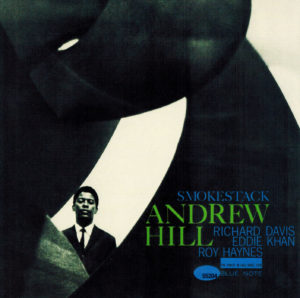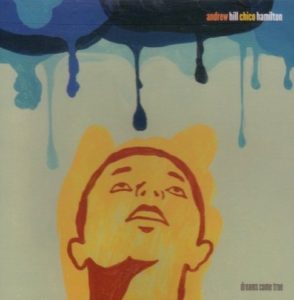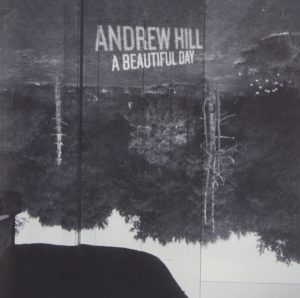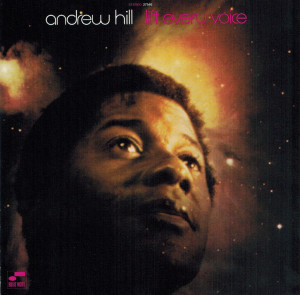Andrew Hill – Smokestack Blue Note BLP 4160 (1964)
Hmmm. Quite an interesting album. It was Hill’s second set recorded for Blue Note records, but was kept on the shelf for a few years before release. The results are successful, but not entirely so. The most striking feature of the album is the use of double bassist Richard Davis as a lead voice, a position in jazz combos most commonly held by wind instruments or piano. On songs like “Wailing Wail”, “Not So”, “The Day After” and “Verne”, the effect is spectacular, providing deep shading to Hill’s typically intriguing compositions. However, Davis is sometimes buried in the mix, and cannot clearly be heard over Hill and drummer Roy Haynes on “Smoke Stack” and other cuts. To further complicate matters, Haynes seems just a bit ill at ease here. A hallmark of Hill as a composer is, despite complex structures and arrangements, a strong dominant theme running through his songs. In that respect it is more interesting to compare Hill with Albert Ayler or Cecil Taylor than more traditional post-bop players or the previous generation of jazz composers. Here Haynes uses a bit too much space in his drumming, and he is so loud in the mix that this tends to obscure the main themes. That is one of the main difficulties for a listener approaching this album for the first time. Haynes was spectacularly effective on Black Fire. In all, a great set of performances frequently marred by sloppy production, making this just slightly less enjoyable than other Hill recordings from the same time period.




